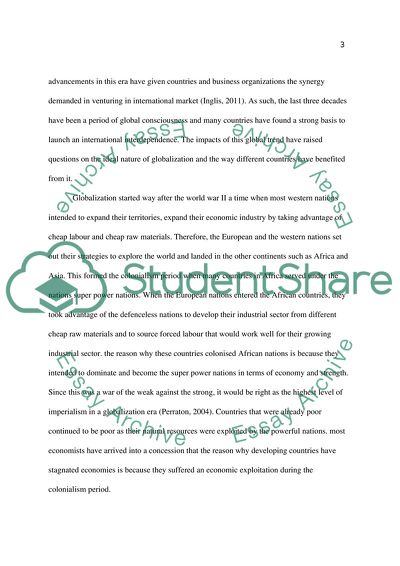Cite this document
(Globalization as a Form of Imperialism Essay Example | Topics and Well Written Essays - 1500 words, n.d.)
Globalization as a Form of Imperialism Essay Example | Topics and Well Written Essays - 1500 words. https://studentshare.org/history/1817054-globalisation-is-a-form-of-imperialism-discuss
Globalization as a Form of Imperialism Essay Example | Topics and Well Written Essays - 1500 words. https://studentshare.org/history/1817054-globalisation-is-a-form-of-imperialism-discuss
(Globalization As a Form of Imperialism Essay Example | Topics and Well Written Essays - 1500 Words)
Globalization As a Form of Imperialism Essay Example | Topics and Well Written Essays - 1500 Words. https://studentshare.org/history/1817054-globalisation-is-a-form-of-imperialism-discuss.
Globalization As a Form of Imperialism Essay Example | Topics and Well Written Essays - 1500 Words. https://studentshare.org/history/1817054-globalisation-is-a-form-of-imperialism-discuss.
“Globalization As a Form of Imperialism Essay Example | Topics and Well Written Essays - 1500 Words”. https://studentshare.org/history/1817054-globalisation-is-a-form-of-imperialism-discuss.


